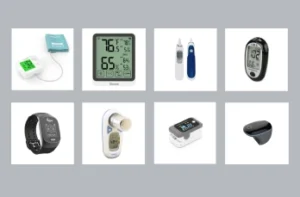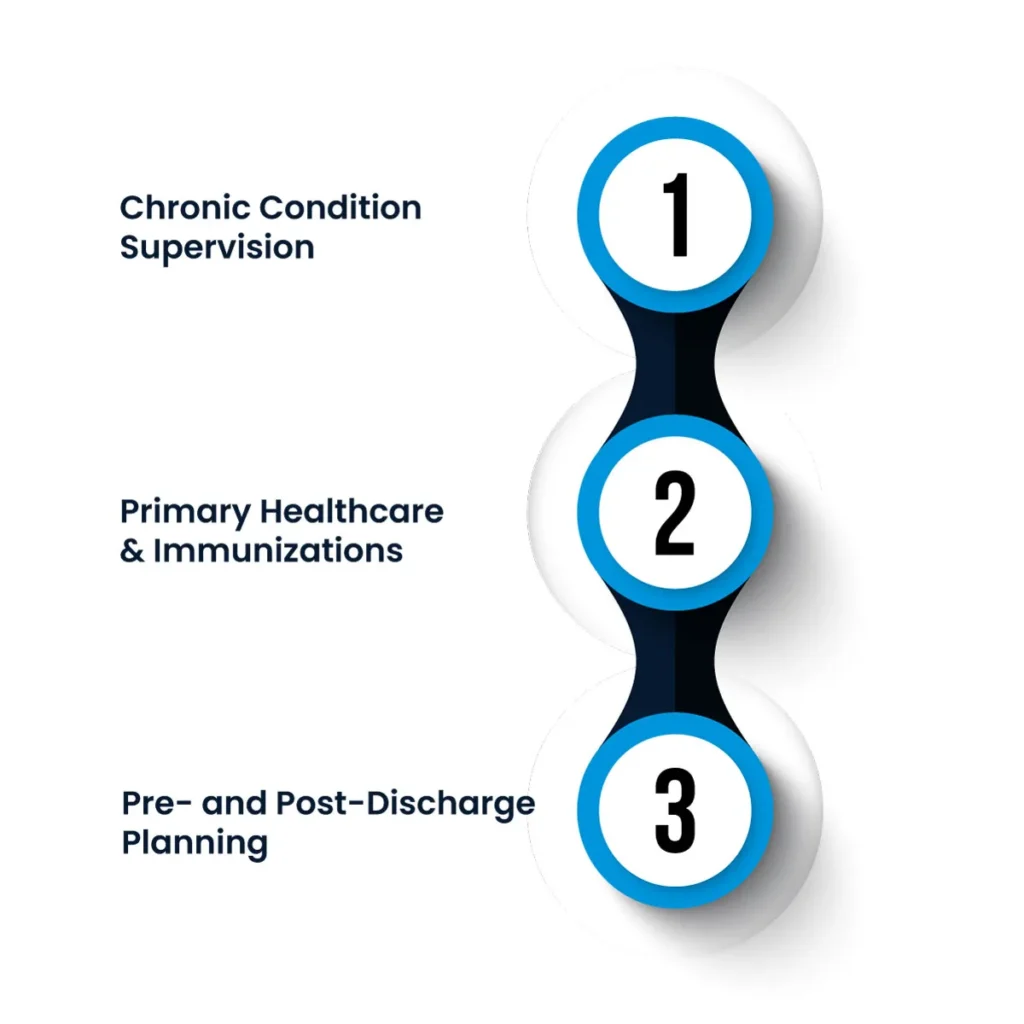
Get Ahead With RPM: A closer look at Bluetooth& Cellular Monitoring
Get Ahead With RPM: A closer look at Bluetooth & Cellular Monitoring Remote patient monitoring (RPM) is becoming increasingly popular as a way to monitor

For a healthcare provider, his duty is not only to treat the patients but also to educate them about their condition. This is where patient education plays a crucial role in providing holistic care and improving treatment outcomes.
Effectively communicating and educating patients about each intervention, whether it’s a simple or complex one, for acute or chronic conditions, and for short-term or long-term treatment, is crucial. This approach helps patients comprehend their condition and actively engage in their treatment. By doing so, we empower patients while fostering a strong partnership between healthcare providers and patients.
In this blog, we are going to delve deeper into why patient education is important and why it should be an integral part of any treatment plan.
Patient education is the foundation of a healthy relationship between healthcare providers and a patient. Patient education is the process of providing information to patients about health conditions, treatment options, and self-care management strategies. It involves teaching patients about their diagnosis, medication regimen, lifestyle modifications, and ways to prevent or manage potential complications.
Sometimes it involves teaching patient how to do specific tasks how to do particular tasks, like exercises or techniques for their health. But it’s not just about that. It’s also about explaining simple things, like what might happen when you start taking a new medicine, how to handle it correctly (with water, on an empty stomach), or even how to get the medicine from the pharmacy.
It’s not only about what you say but also how you make the patient feel comfortable and trust you. So, being a good listener, acting professionally, and even how you examine a patient can affect whether their treatment works or not.
Patient education and counseling play a crucial role in healthcare because when patients don’t fully grasp their medical condition and how to manage it, they may not follow their doctor’s advice or treatment plan. This lack of understanding can lead to serious negative outcomes. When individuals have a clear understanding of their illness, they are more likely to feel comfortable with their treatment and stick to the prescribed routines.
Patient education and counseling are particularly important because they increase patient engagement. Patient engagement refers to a patient’s knowledge, skills, ability, and willingness to take charge of their own health and care. This leads to positive behaviors and outcomes.
When patients are well-informed about their conditions, they are more likely to comply with medication and treatment regimens.
On the flip side, non-compliance can result in poor clinical outcomes, more hospitalizations, lower quality of life, and higher overall healthcare costs. In cases where patients administer treatments at home, understanding their conditions empowers them to manage their care confidently.
Moreover, patient education and counseling benefit not only patients but also healthcare providers. These programs attract patients to healthcare services and enhance patient-centered care. Increased compliance with medication and treatments leads to a more efficient and cost-effective healthcare system. Educated patients ensure continuity of care and reduce complications related to their illnesses.
In essence, patient education and counseling are indispensable in healthcare, ensuring that patients understand their conditions, follow their treatment plans, and ultimately achieve better health outcomes.
Nursing isn’t just about providing care; it’s about ensuring patients are actively involved in their care. Patient education empowers individuals to understand their medical conditions, treatment options, and the rationale behind healthcare recommendations. When patients are informed, they can actively participate in decisions about their health.
Nurses play a pivotal role in equipping patients with the knowledge and skills needed for effective self-care. Whether it’s explaining how to manage chronic conditions, administer medications, or adhere to post-operative care instructions, well-informed patients are more likely to follow treatment plans, leading to better health outcomes.
Adequate patient education is a frontline defense against complications and hospital readmissions. When patients are educated about warning signs and know how to respond to potential issues, they can take timely actions, potentially avoiding crises.
Patient education doesn’t end at the hospital discharge; it extends into patients’ daily lives. When patients carry their newfound knowledge and skills into their homes and communities, it paves the way for long-term health management and an improved quality of life.
Efficient patient instruction encompasses diverse critical domains intended to empower individuals to actively engage in their healthcare voyage. Below, we delve into the fundamental sectors within patient guidance:

Chronic Condition Supervision:
Patient guidance assumes a central role in the oversight of long-term illnesses. It equips individuals with the necessary insight to comprehend their ailments and take the requisite measures for improved health results.
When patients possess comprehensive knowledge about their health conditions, they are better equipped to make informed choices and engage proactively in the management of their health issues.
Primary Healthcare & Immunizations:
Patient education extends to everyday healthcare, encompassing routine health assessments, immunizations, and annual check-ups. Educating patients and their caregivers regarding recommended health assessments and immunizations stimulates them to adopt a proactive stance in their healthcare. This empowerment nurtures heightened involvement in preventive healthcare measures, nurturing overall health and well-being.
Pre- and Post-Discharge Planning:
Guidance upon discharge from a healthcare facility emerges as an indispensable component of patient education. When a patient is released from a medical institution, it is vital to provide extensive information, encompassing:
In summary, patient education is a crucial element of healthcare, fostering trust and partnership between healthcare providers and patients. It empowers patients to actively engage in their treatment, ensuring better adherence to treatment plans, reduced complications, and improved health outcomes. Patient education benefits both patients and healthcare providers, making the healthcare system more efficient and cost-effective. Patient education is the bridge to better healthcare, built on knowledge, trust, and collaboration, ultimately leading to healthier and more fulfilling lives for patients.

Get Ahead With RPM: A closer look at Bluetooth & Cellular Monitoring Remote patient monitoring (RPM) is becoming increasingly popular as a way to monitor

What is Annual Wellness Visit – Medicare Annual Wellness Visit It’s often said that prevention is better than cure, and when it comes to maintaining
Talk to an Expert Now